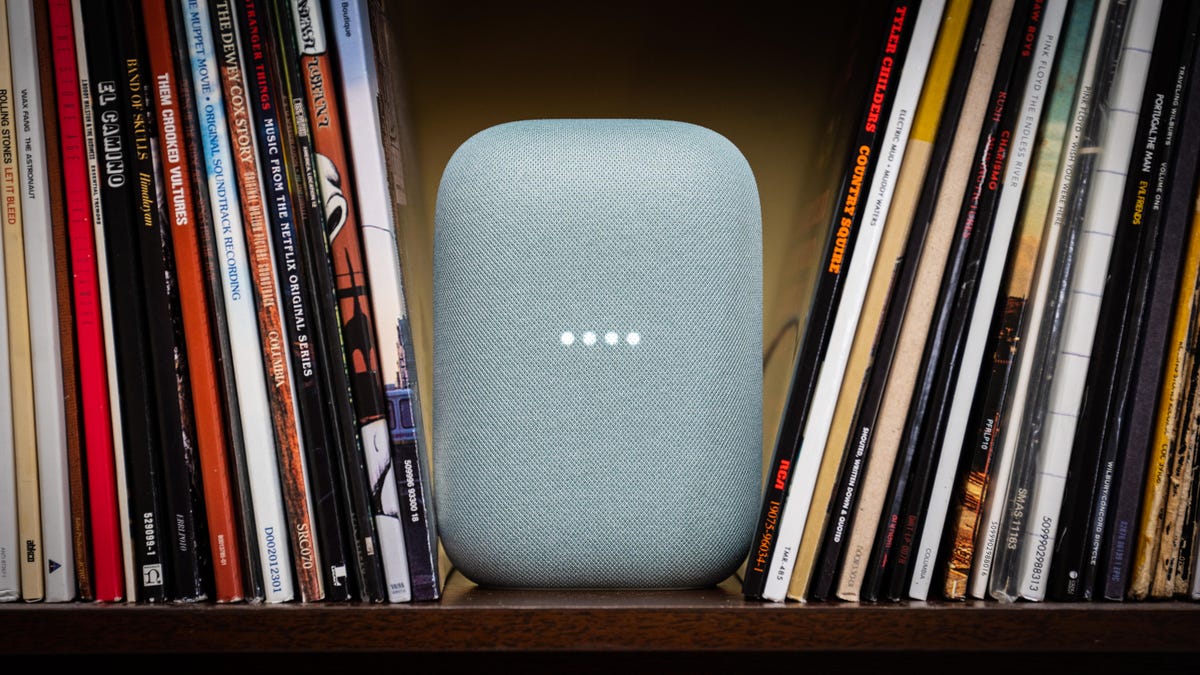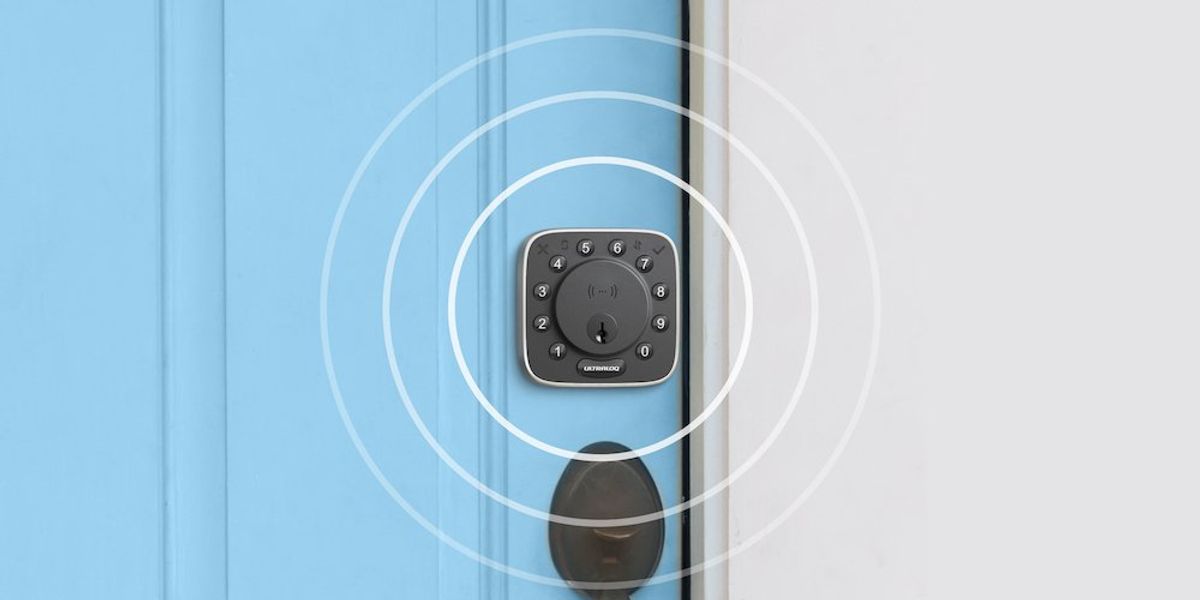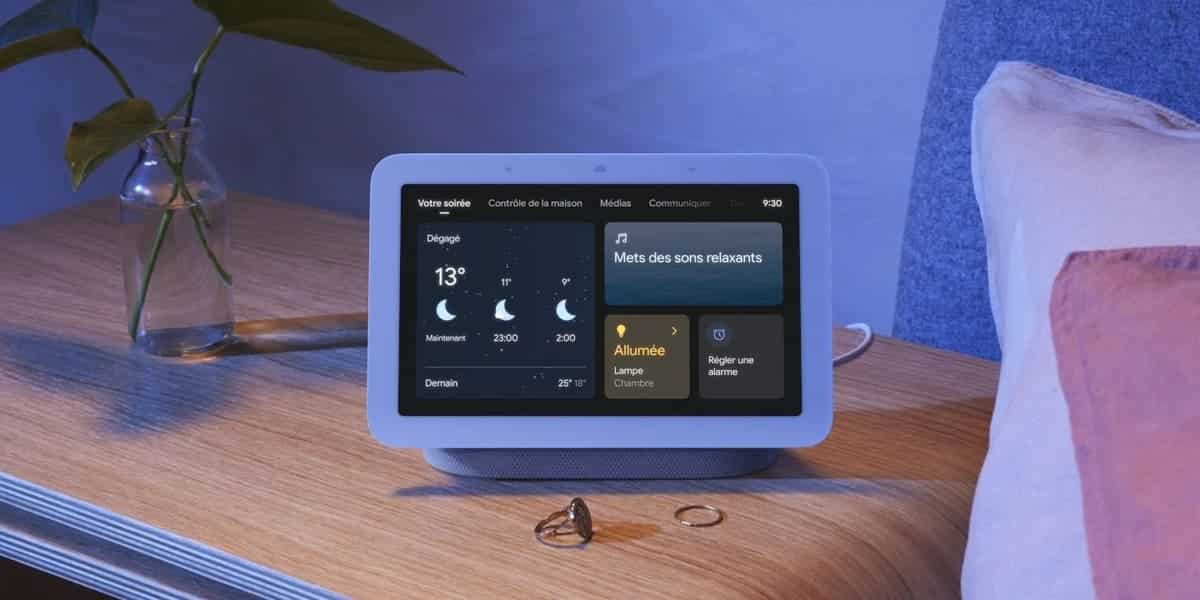Gemini vs. Assistant: Can Google’s New AI Fix Your Smart Home

Google Assistant is something many of us have grown to rely on over the years. From setting reminders and timers to controlling media and smart home devices, the digital butler has become a valuable part of many people’s lives, including mine.
If you’ve noticed a drop off in general reliability in the last couple of years, you aren’t alone. I began to notice this as other products, including Google Gemini (formerly Bard), began getting more of Google’s focus. But coincidence or not, it certainly appears related. However, Google seems to be attempting to resolve these issues as Gemini seems to be making its way into the Google Home world via these recent announcements.
Unfortunately, these updates don’t appear to be targeted at getting Google Assistant back to where it was, a reliable digital assistant that seemed to know what you needed before asking. So, what does Gemini’s foray into Google’s smart home platform mean if it isn’t resolving issues? Let’s see if we can sort it out.
What improvements will Google Gemini bring to Google Home?

Gemini is a powerful AI tool that Google is leveraging in different ways. However, most of the current use cases don’t directly correlate to how smart home users interact with their smart homes through Google Assistant. But that is beginning to shift with the latest announcement to bring Google Gemini to Google Home.
Perhaps the most significant integration, and honestly a really great use for it, is in Nest security cameras. My colleague Tyler Lacoma wrote about how this works and what to expect from it. A brief bit on it is that thanks to the multimodal functionality of Gemini, as it can work with text, images, and video, Nest cameras will be able to better and more thoroughly recognize what it sees. This will help generate better previews and more accurate notifications, among other things.

Gemini knows what your camera sees and can answer questions about it, which could change how home monitoring works.
As for how Gemini will impact the other parts of Google Home and smart home devices, the initial integration is a bit thin but helpful. If you’ve ever tried creating an automation in Google Home, or Routines as Google sometimes calls it, while it isn’t overly difficult, it can be tedious and sometimes lack clarity. This can be frustrating for beginner or casual smart home users.
When it comes to building more complex automation, Google introduced a script editor and a “Help me script” built on generative AI. This feature works relatively well, and the AI integration helps those a bit unsure about how to work with scripts. Unfortunately, script editing is too advanced for many, and even seasoned users would appreciate a simpler option. This is where the new Gemini integration will help.
The idea behind the inclusion of Gemini is going to work much like you’d ask Google Assistant to set a reminder, add something to your shopping list, or other helpful phrases. Now, you’ll be able to ask for help to create an automation using your voice and regular speech.
It’s the last bit that is going to really make this new automation assistant feature work. Part of what makes Gemini easier to use is that it allows for normal, common speech. So, instead of being required to remember the exact words needed and the order they have to be in, you’ll be able to just speak as you would to a person and it should be understood. Below is an example from Google and how Gemini can help.
The new Google Gemini integration for Google Home allows automation that will be much easier to get what you want.
What needs to be solved with Google Gemini?
I was once a staunch Google Home and Google Assistant user. As an Android phone user, I’ve got far too much information in Google’s services, which should mean that using Google Assistant in my smart home would be the obvious choice. For a long time, it was. However, in the past couple of years, that experience has degraded so much that I rarely use Google Assistant for any smart home needs or much of anything else.
Simply asking my Google Assistant to turn on some lights or adjust my thermostat would result in a response telling me that it “doesn’t know how to do that yet.” This issue led me to move most of my smart home devices to Amazon Alexa and Home Assistant. Now, much to my family’s dismay, I still have Google Assistant smart speakers and smart displays throughout my house, but aside from music and showing photos, those devices mostly just sit.
When I mentioned to Google during a briefing on the new features and Google TV Streamer that Google Assistant fails more than it succeeded in basic smart home controls, and if there are fixes for this on the near horizon, I was told, “Gemini integration will help improve quality and consistency across Assistant functions. Quality is the team’s top priority.” While I’m sure Google would like to improve the overall quality of Google Assistant, how and when this will happen is unclear.
I also asked about how Google Gemini and Google Assistant will work together in the future, “In the context of the home, our fundamental user needs have not changed with the development of LLMs such as Gemini. Our users want to be safe and secure, comfortable and entertained. These have remained the same priorities and user needs even after the development of Gemini. Now, we’re at an AI inflection point where Gemini is ready to help serve and enhance those user needs we’ve always had.
So I guess we’ll have to wait and see

Google smart home efforts have a good foundation but have started to become less stable in recent times.
It’s clear that Google has plans to integrate Gemini into as many of its services as possible, and that could be a good thing. Seeing how the AI tool is already improving parts of Google Home and Nest is hopeful. However, with the basic functionality of using Google Assistant to control your smart home a mess and Gemini still not able to directly control those devices, the map to resolution is about as clear as the maps used to explore the world in 1492, at least to users out in the wild.
Google hasn’t directly stated its plan for Gemini and Google Assistant, whether the two will remain separate or eventually merge. For me, as a Google Assistant and Home user, this leaves a bad taste in my mouth, as I and many others don’t have a reliable voice assistant to control smart home devices. But isn’t this the very purpose of the smart speakers and displays that Google ships?
link





:max_bytes(150000):strip_icc()/SaraSwabbStorieCollectivesinglecolorphotobyStacyZarinGoldberg-fcb3f8f1fc3a4012ac5f74bea2178a90.jpg)
:max_bytes(150000):strip_icc()/ikea-shopping-mistakes-GettyImages-1166477260-d9defee4e05f4368a53328898d8cdb51.jpg)